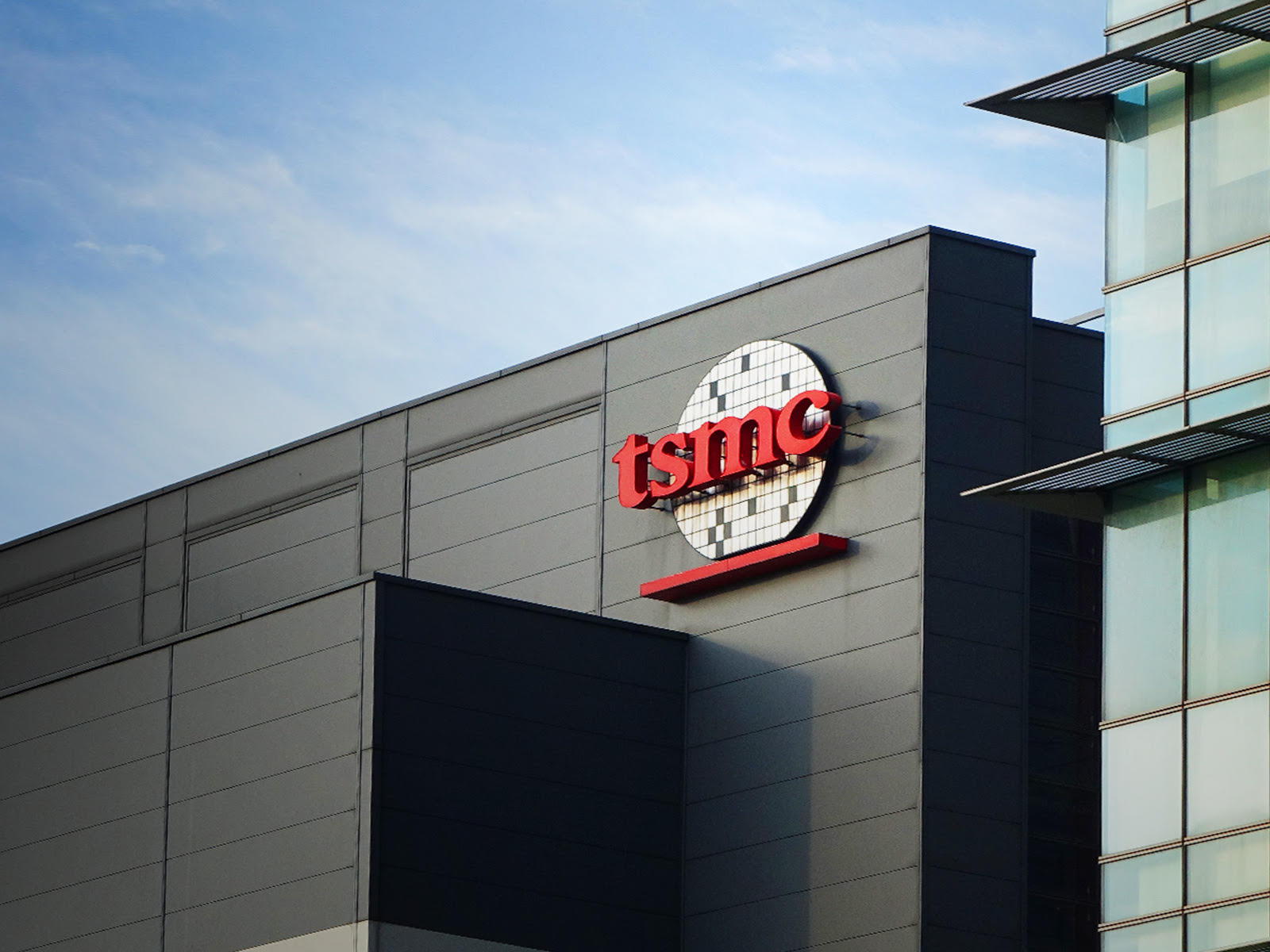

Image credit: TSMC
The US Commerce Department ordered Taiwan Semiconductor Manufacturing Co (TSMC) to stop shipping AI chips using advanced processes to customers in mainland China as of Monday, Reuters reported.
The department sent a so-called “is informed” letter to the company imposing export restrictions on chips using 7 nanometre or more advanced manufacturing processes.
The restrictions affect chips destined for mainland China that power AI accelerator and graphics processing units (GPUs), the report said.
The order follows a few weeks after TSMC informed the Commerce Department that one of its chips had been found in a Huawei AI processor.
Research firm Techinsights found that Huawei’s Ascend 910B artificial intelligence (AI) chip contained a TSMC part, suggesting US-sanctioned Huawei had obtained the part in violation of US export controls.
The Commerce Department order covers a broad range of Chinese customers and will help the US assess whether other firms are diverting chips to Huawei, Reuters’ report said.
As a result of the letter, TSMC informed affected clients that it was suspending shipment of chips starting Monday.
Ijiwei, a Chinese semiconductor news outlet, reported on Friday that shipments were being suspended for mainland Chinese customers using TSMC’s 7nm or more advanced processes.
Taiwan’s economy ministry said TSMC has had “regular discussions” with the government on export control issues and said it would “comply with domestic and international regulations”.
TSMC said it was a “law-abiding company” committed to complying with “all applicable rules and regulations”, including applicable export controls.
The Commerce Department’s “is informed” letter allows it to quickly institute trade controls without going through a lengthy formal process.
The department in 2022 sent such letters to AMD and Nvidia blocking AI-related chip sales to China, restrictions which were later formulated into trade rules affecting a broader range of companies including US chip equipment makers Lam Research, Applied Materials and KLA.
Huawei is under multiple US restrictions that mean suppliers have to obtain licences to supply it with goods or technology.
The US considers TSMC and other non-US companies to be under its authority because they use US chip manufacturing technology, such as machinery and software.
The Ascend 910B is currently Huawei’s most powerful AI chip, and the company is marketing it to domestic Chinese customers that have been blocked from acquiring Nvidia accelerator chips due to US restrictions.
Huawei claimed in June that the 910B has more or less equivalent performance to Nvidia’s top-of-the-line AI accelerators.
Huawei said it “has not produced any chips via TSMC since the US Department of Commerce implemented its amended foreign direct product rule that targeted Huawei in 2020”.
TSMC suspended shipments to graphics processor developer Sophgo, based in Xiamen, mainland China, after finding its chip matched one found in the Huawei AI processor.
Sophgo said it “has never engaged in any direct or indirect business relationship with Huawei”.
The US has been planning to introduce new export restrictions since earlier this year, but has delayed them amidst US business concerns that such rules would open a path for foreign competitors which have more of a free hand in selling to the large Chinese market.
American space agency prepares for testing of Boeing's Starliner, to ensure it has two space…
As UK and Europe develop closer military ties, European Commission says it will invest €1.3…
Zuckerberg seeks to revive Facebook's original spirit, as Meta launches Facebook Friends tab, so users…
Notable development for Meta, after appeal against 2021 WhatsApp privacy fine is backed by advisor…
First sign of shake-up under new CEO Lip-Bu Tan? Three Intel board members confirm they…
Trump's nominee for SEC Chairman, Paul Atkins, has pledged a “rational, coherent, and principled approach”…